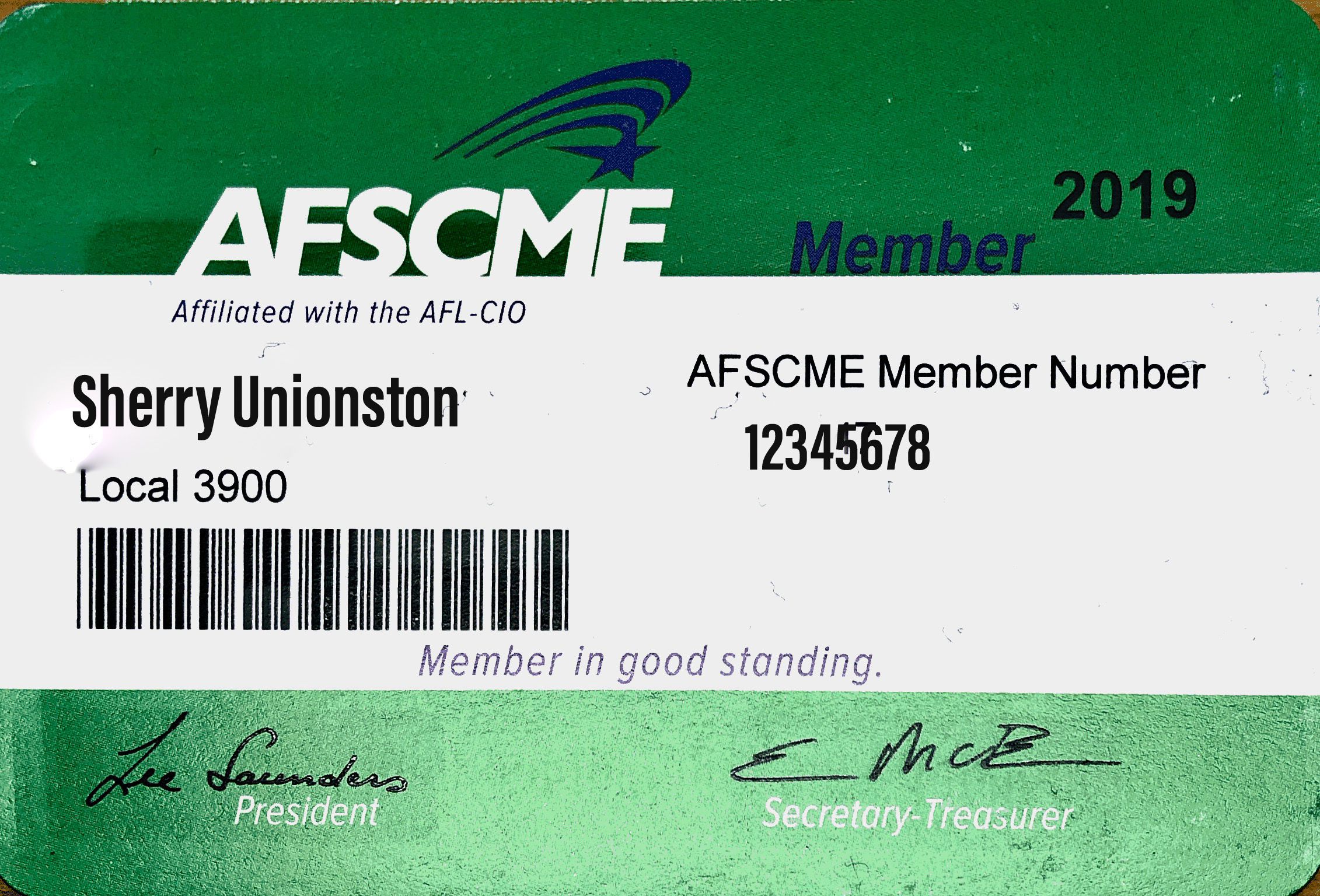8.8.22 Update: The free college providers serving Union Plus and the AFSCME Free College Benefit have again suspended some programs. EGCC most recently reported that “Students eligible for the Free College Benefit for the Fall 2022 term are students who had final grade for Spring 22 AND/OR active in courses for Summer 22 OR a new student who registered for Fall 22 courses on or before July 18, 2022.”
Thank you to the SHARE members who reported to the SHARE staff your difficulties contacting the program, and alerting us to a problem. We will continue to keep our eye on developments and to report about educational opportunities for members. The largest of the free online programs, Eastern Gateway Community College, has been providing ongoing updates here: https://egcc.edu/press-release/
7.28.22 Update: SHARE has received word that currently enrolled students can contact the Student Resource Center, 888-590-9009, if they have questions about their status, including whether they are Pell eligible.
Please disregard the contact information that was included in SHARE’s original post. We apologize for any confusion we caused anyone with that.
The SHARE office has received the unhappy news that the US Department of Education now disallows educational programs such as the ones offered through the AFSCME Free College and UnionPlus benefits. Many SHARE members have benefitted from these programs over the past several years.
Note that in the message below, “By offering this benefit, we learned that a large percentage of our members are eligible for Pell Grants,” which will continue to be available and helpful to members and their families. SHARE will continue to seek out more educational and scholarship opportunities, and to post about them on the SHARE website. Look for the #Education tag.
Read on for the official notice . . .
AFSCME Family:
Today we learned that the US Department of Education notified our “Free College” partners - Eastern Gateway Community College (EGCC), Central State University and Paul Quinn College - that they could no longer offer no-cost college to our members and their families. The Department indicated that the financing of the program for students not eligible for Pell Grants is inconsistent with federal requirements. As a result, new students may not enroll.
There is no financial liability owed by any former or existing students who participated in the program. We are engaged in discussions with the Department and EGCC concerning the continuing education of existing students. Continuation at no cost should not be an issue for any student who qualifies for a Pell Grant. For those who are not Pell eligible, and do not have an alternative source of funding, such as an employer or union trust funded tuition assistance program, we are seeking to continue Free College until their education is complete, but we do not now have an assurance that will be the case.
The Free College program is an outstanding benefit, in some cases life-changing, for AFSCME members and their families. I was proud that we could offer the opportunity to obtain a debt free education to our members and I am committed to finding an alternative program.
By offering this benefit, we learned that a large percentage of our members are eligible for Pell Grants. This federal program provides eligible students with up to $6,895 a year in education assistance depending on various factors such as income, cost of attendance, and full or part-time student status. The grants are portable and can be used at almost any accredited college or university. To find out if you are eligible, you will need to complete an application form and the college’s financial office will calculate your eligibility before you enroll. Click on this link to learn more.
I am sorry to report this disappointing news, but we will make every effort to at least partially fill the void left by the cessation of the Free College program.
Lee Saunders
President
AFSCME
